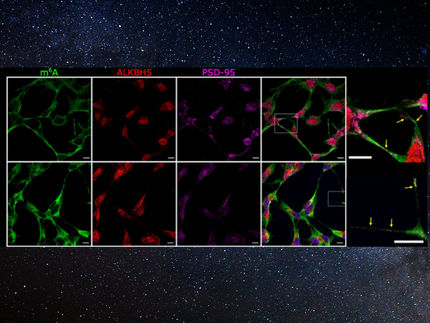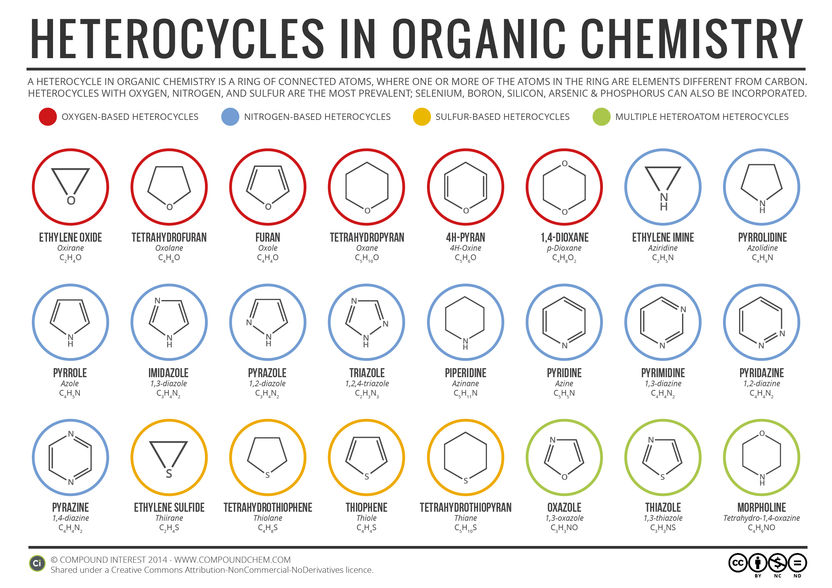Researchers unravel mystery behind long-lasting memories
A new study by researchers at Wake Forest University School of medicine may reveal how long-lasting memories form in the brain. The researchers hope that the findings, scheduled to appear in neuroscience, may one day help scientists develop treatments to prevent and treat conditions such as post-traumatic stress disorder.
"Although many things are known about memories that form from repeat experiences, not much is known with regard to how some memories form with just one exposure," said Ashok Hegde, Ph.D., an associate professor of neurobiology and anatomy and the lead investigator on the study.
Scientists do know that people tend to remember extremely happy or sad occasions vividly because of the emotional connection, Hegde said. Extreme emotions trigger the release of a chemical in the brain called norepinephrine, which is related to adrenaline. That norepinephrine somehow helps memories last a long time – some even a lifetime.
For example, he said, when a person asks, "Where were you when the 9/11 attacks happened?" most people can recall immediately where they were and what they were doing when they heard the news. They remember the moment as if it just happened because a national tragedy arouses emotion and emotion somehow makes memories last for a long time, Hegde explained. For the current study, Hegde and colleagues looked at how norepinephrine helps female mice remember the scent of their male partners after being exposed to it just once during mating.
The researchers studied the neural circuitry in the accessory olfactory bulb, the part of the brain where memory of the male partner's scent is stored. They found that norepinephrine, released in mice while mating, activates an enzyme called Protein Kinase C (PKC), specifically, the "alpha" isoform of PKC, in the accessory olfactory bulb. The PKC enzyme has about a dozen forms, or isoforms, that exist in the brains of mammals, including humans.
"The fact that PKC-alpha is activated through the release of norepinephrine is an important discovery," Hegde said. "It explains how strong memories form for specific sensory experiences."
In female mice, the information about the partner's scent is carried by a chemical called glutamate and the fact that mating has occurred is conveyed by the release of norepinephrine, Hegde explained. Previous studies have found that glutamate and norepinephrine together, but not individually, cause strong memory formation for the male's scent.
"No one knew how this happened," Hegde said. "Our findings indicate that the PKC-alpha enzyme tells the nerve cells in the brain that these two chemicals have arrived together. PKC-alpha is like the bouncer who lifts the rope blocking the entrance to an exclusive club for strong memories when glutamate and norepinephrine arrive together. If they arrive alone, they can't get past the velvet rope."
Hegde explained that, when memory is stored in the brain, the connections between nerve cells, called synapses, change. Strong memories are formed when synapses become stronger through structural changes that occur at the synapse. PKC-alpha works with glutamate and norepinephrine to create those changes.
Hegde said that the next step in this line of research is to learn exactly how PKC-alpha can turn genes on in nerve cells. Understanding the precise sequence of molecules that are activated by PKC-alpha will help researchers block the function of these molecules and test whether they block memory formation. This future research will not only explain strong pleasant memories, but also how strong unpleasant memories form in instances like post-traumatic stress disorder.
Other news from the department science

Get the life science industry in your inbox
By submitting this form you agree that LUMITOS AG will send you the newsletter(s) selected above by email. Your data will not be passed on to third parties. Your data will be stored and processed in accordance with our data protection regulations. LUMITOS may contact you by email for the purpose of advertising or market and opinion surveys. You can revoke your consent at any time without giving reasons to LUMITOS AG, Ernst-Augustin-Str. 2, 12489 Berlin, Germany or by e-mail at revoke@lumitos.com with effect for the future. In addition, each email contains a link to unsubscribe from the corresponding newsletter.





















































